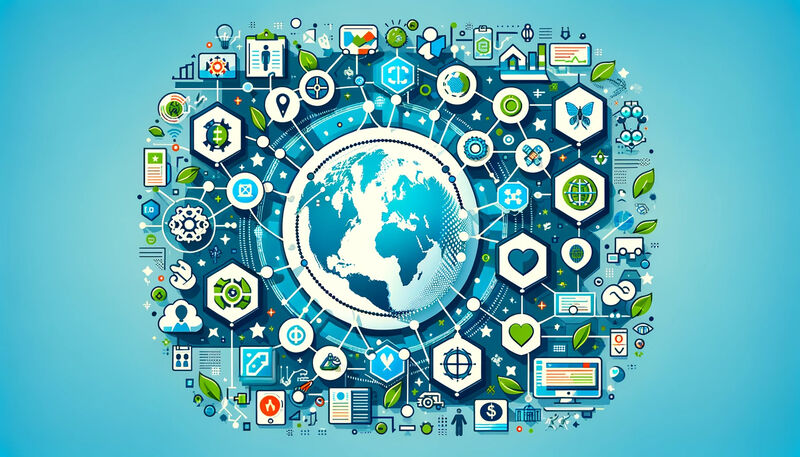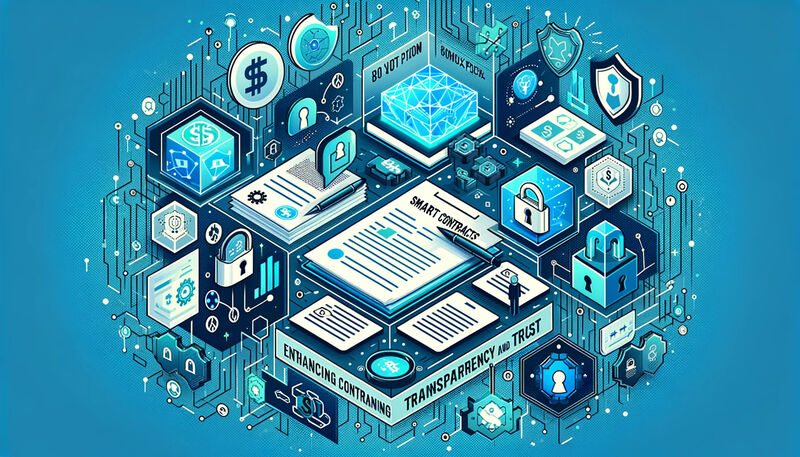Blockchain for Good: Tackling Global Issues with Distributed Ledger Technology

In a world grappling with numerous challenges, from environmental crises to social inequality, technology often plays a pivotal role in finding solutions. Blockchain, a distributed ledger technology, is emerging as a powerful tool in addressing global issues, showcasing its potential far beyond its initial application in the world of cryptocurrencies. This article delves into how blockchain is being utilized to tackle significant global problems, promoting transparency, efficiency, and trust.
Blockchain's Role in Environmental Conservation
Blockchain technology is instrumental in enhancing environmental conservation efforts. Its application in tracking and verifying carbon credits can significantly improve the transparency and reliability of emissions reporting. Additionally, blockchain facilitates the secure and efficient trading of environmental assets, encouraging businesses and individuals to invest in sustainability.
Renewable Energy Trading: Blockchain platforms enable the transparent and efficient trading of renewable energy certificates, promoting the adoption of clean energy sources and supporting the global transition to a greener economy.
Enhancing Humanitarian Aid
Blockchain can revolutionize humanitarian aid by ensuring that assistance reaches its intended recipients. By creating an immutable and transparent record of transactions, blockchain reduces the risk of fraud and mismanagement in aid distribution.
Transparent Donation Tracking: Donors can track their contributions from the moment of donation to the final delivery, ensuring that their funds are used as intended and increasing trust in charitable organizations.
Promoting Financial Inclusion
Blockchain technology has the potential to foster financial inclusion by providing secure and accessible financial services to unbanked and underbanked populations worldwide. Through decentralized financial systems, individuals can access a range of financial services, breaking down barriers to economic participation and empowerment.
Microfinance and Remittances: Blockchain enables secure and low-cost microfinance and remittance services, supporting small-scale entrepreneurs and allowing migrants to send money home more efficiently.
Challenges and Future Prospects
While blockchain offers promising solutions to global challenges, its implementation faces obstacles, including scalability, energy consumption, and regulatory issues. Overcoming these challenges requires collaboration among technologists, policymakers, and stakeholders to harness blockchain's potential responsibly and ethically.
Conclusion
Blockchain for good represents a growing movement leveraging technology to create a more equitable, transparent, and sustainable world. As we explore innovative applications of blockchain, we edge closer to addressing some of the most pressing global issues, demonstrating technology's potential to be a force for positive change.

